Private military group Wagner could lose the ground it gained in the Ukraine war, after tycoon Prigozhin died in a plane crash.
The Russian Investigative Committee confirmed on August 27 that Yevgeny Prigozhin, the boss of the Wagner private military corporation, was one of 10 people killed when a private plane crashed in Tver province, northwest of Moscow on August 23.
Observers say Prigozhin's death could spell the end of the reputation and position that the Wagner group has gained from the war in Ukraine as well as its activities in Africa and the Middle East.
On August 25, President Putin signed a decree requiring members of volunteer military units, including Wagner, to take an oath of allegiance under the Russian flag. They are required to "strictly obey the orders of their commanders and superiors and conscientiously carry out their assigned tasks."
The decree is seen as a decisive move to place armed groups like Wagner under the direct command of the Russian military, forcing them to follow orders and orders from the Ministry of Defense. This is something that Prigozhin had been strongly against and is considered one of the reasons that prompted Wagner to launch a failed rebellion in late June.
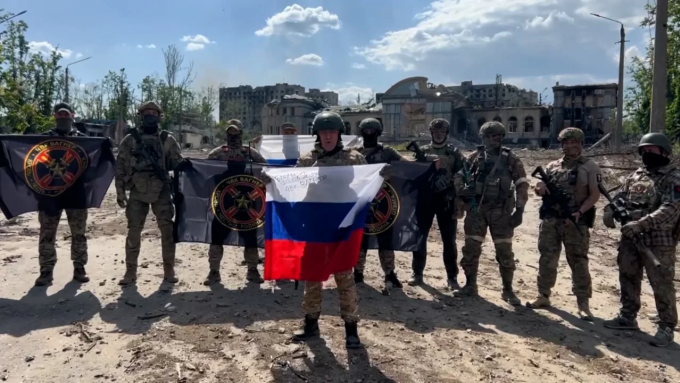
Prigozhin with Wagner gunmen in the city of Bakhmut in this photo released on May 20. Photo: Telegram/Wagner
"Without Prigozhin, I think Wagner will gradually disintegrate, because he leads this military group in a personal style, in which he puts loyalty to the boss above any other individual or organization," said Natasha Lindstaedt, professor of politics at the University of Essex in the UK.
According to her, while he was alive, Prigozhin did not run Wagner according to the traditional military-style command structure, because he believed that such a model was rigid, ineffective and threatened Wagner's survival.
During the campaign to attack the city of Bakhmut in eastern Ukraine, Prigozhin repeatedly criticized the Russian military command system, claiming that only Wagner could fight effectively.
"All of Wagner's activities revolved around Prigozhin and when he died, everything would become chaotic. Wagner's gunmen would no longer know where to place their loyalties, especially when Dmitry Utkin, Prigozhin's right-hand man, also died in the ill-fated flight," Lindstaedt said.
The fact that the two top commanders and Valeriy Chekalov, Wagner's logistics chief, were on the same flight raised doubts among members of the corporation, as the plane crash would create a huge leadership gap that could leave the private military company in a "headless snake" situation.
Tatiana Stanovaya, senior fellow at the Carnegie Russia Eurasia Center, said Wagner's future had become increasingly uncertain after the uprising in late June, despite the tycoon's efforts to salvage it through a recent visit to African countries.
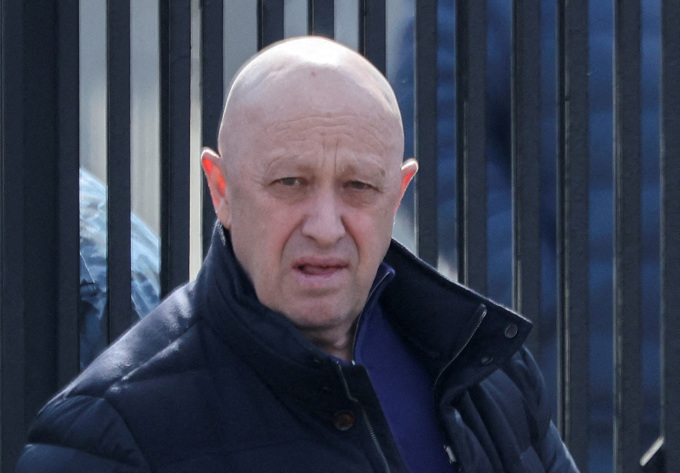
Wagner boss Yevgeny Prigozhin in Moscow, Russia, on April 8. Photo: Reuters
“After the uprising, Prigozhin was no longer a reliable partner of the Russian government and cannot regain that status,” Stanovaya said. According to her, Russia needed Prigozhin for a period after the uprising to complete the process of stripping Wagner of influence and power, but that role would gradually diminish as Wagner members moved to Belarus.
In Russia, Wagner’s activities have been suspended for the past two months. In Belarus, Wagner members are gradually leaving the organization, dissatisfied with low wages and living conditions. The number of Wagner fighters in Belarus has fallen from 5,000 in July to less than 2,000.
Wagner was once considered an important force for Russia to expand its influence in Africa, when the group's gunmen signed security contracts with many countries in the region in exchange for the right to exploit minerals such as gold, diamonds, and oil.
However, after the riots, the Russian Defense Ministry sent a high-level delegation to Africa to negotiate with governments and send a message that from now on they will work directly with Moscow.
Much of Wagner’s empire in Africa rests on relationships that Prigozhin and his close associates have built over the years. Wagner is said to have come to the aid of the military government in Mali, a move that contributed to France’s decision to end its nearly decade-long military campaign there.
But with Prigozhin gone, Wagner’s position in Africa could quickly evaporate. Libya’s warlord Haftar has turned to the Russian government for defense cooperation, rather than Wagner’s fighters, out of concern about the group’s influence after the uprising.
“What is clear is that Wagner is no longer what it once was,” said Guardian analyst Peter Beaumont.
Retired British general Sean Bell, now a military analyst, believes that after the rebellion, Wagner would be nothing without Prigozhin. "If Wagner is Prigozhin, it will be difficult for the group to survive. This is the end of Wagner," Bell said.
Meanwhile, Professor Lindstaedt expressed concern about the possibility that the Russian military will not be able to fully control Wagner as the organization is "fragmented". "When a military group that was once very large and well-armed breaks up, it will cause chaos and the fighters will act more recklessly. This can be very dangerous for regional security," she said.
Thanh Tam (According to Guardian, CNN, Foreign Policy )
Source link


![[Photo] National Assembly Chairman Tran Thanh Man meets with General Secretary and President of China Xi Jinping](https://vstatic.vietnam.vn/vietnam/resource/IMAGE/2025/4/14/4e8fab54da744230b54598eff0070485)

![[Photo] Reception to welcome General Secretary and President of China Xi Jinping](https://vstatic.vietnam.vn/vietnam/resource/IMAGE/2025/4/15/ef636fe84ae24df48dcc734ac3692867)

![[Photo] Tan Son Nhat Terminal T3 - key project completed ahead of schedule](https://vstatic.vietnam.vn/vietnam/resource/IMAGE/2025/4/15/85f0ae82199548e5a30d478733f4d783)
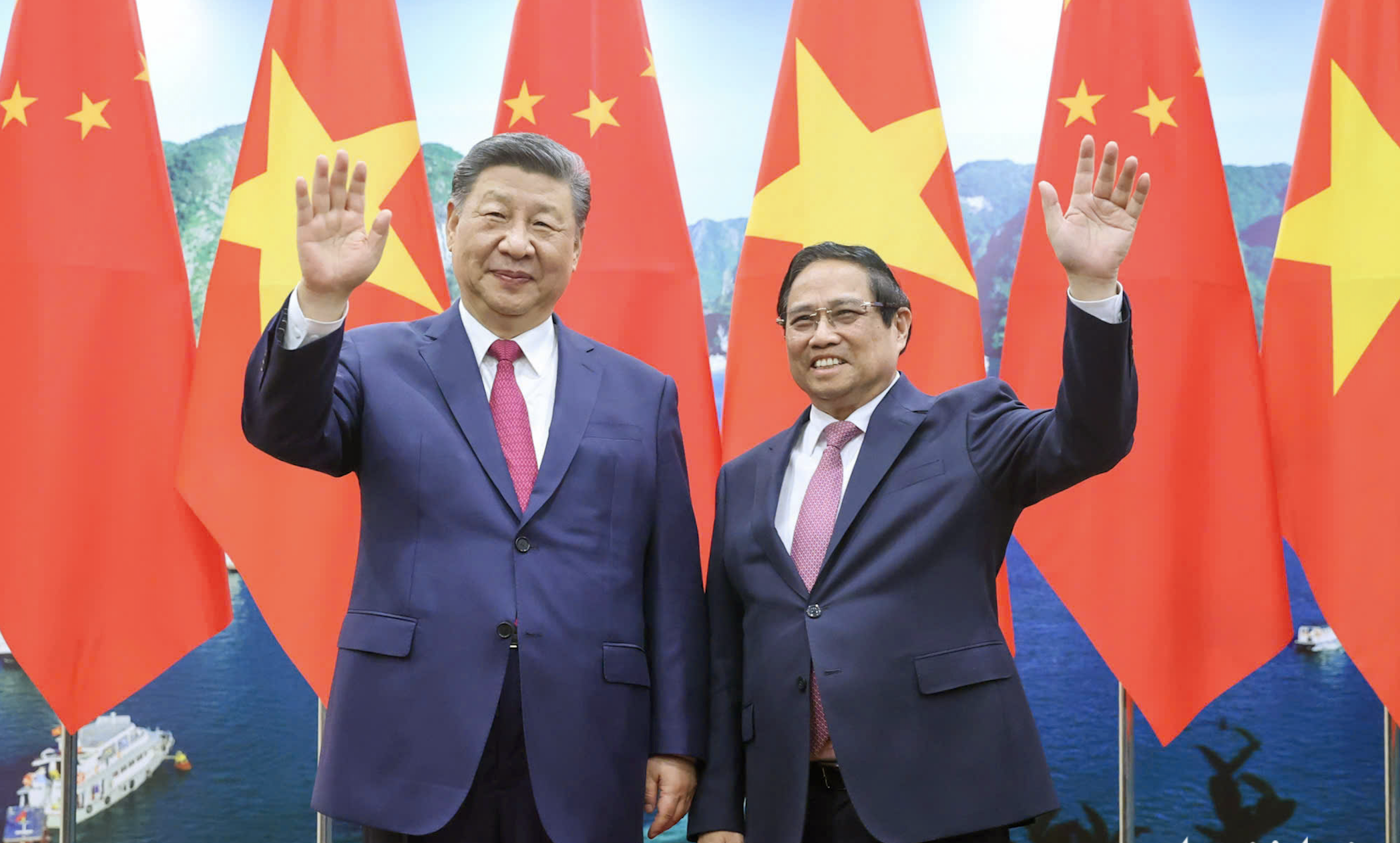






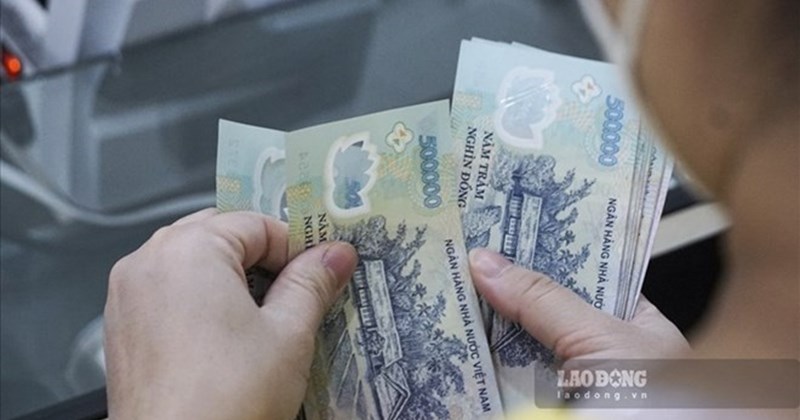

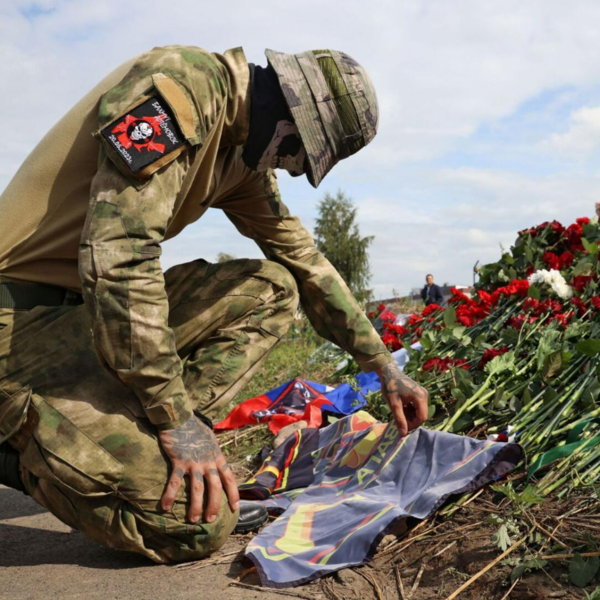


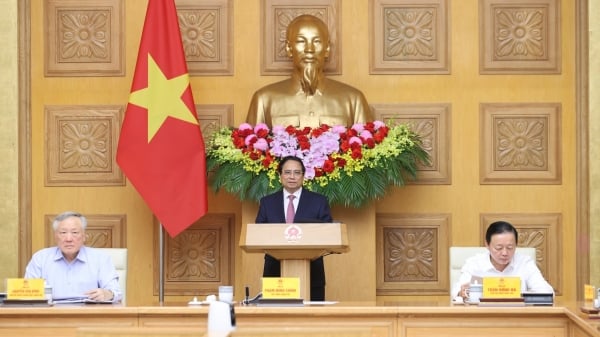
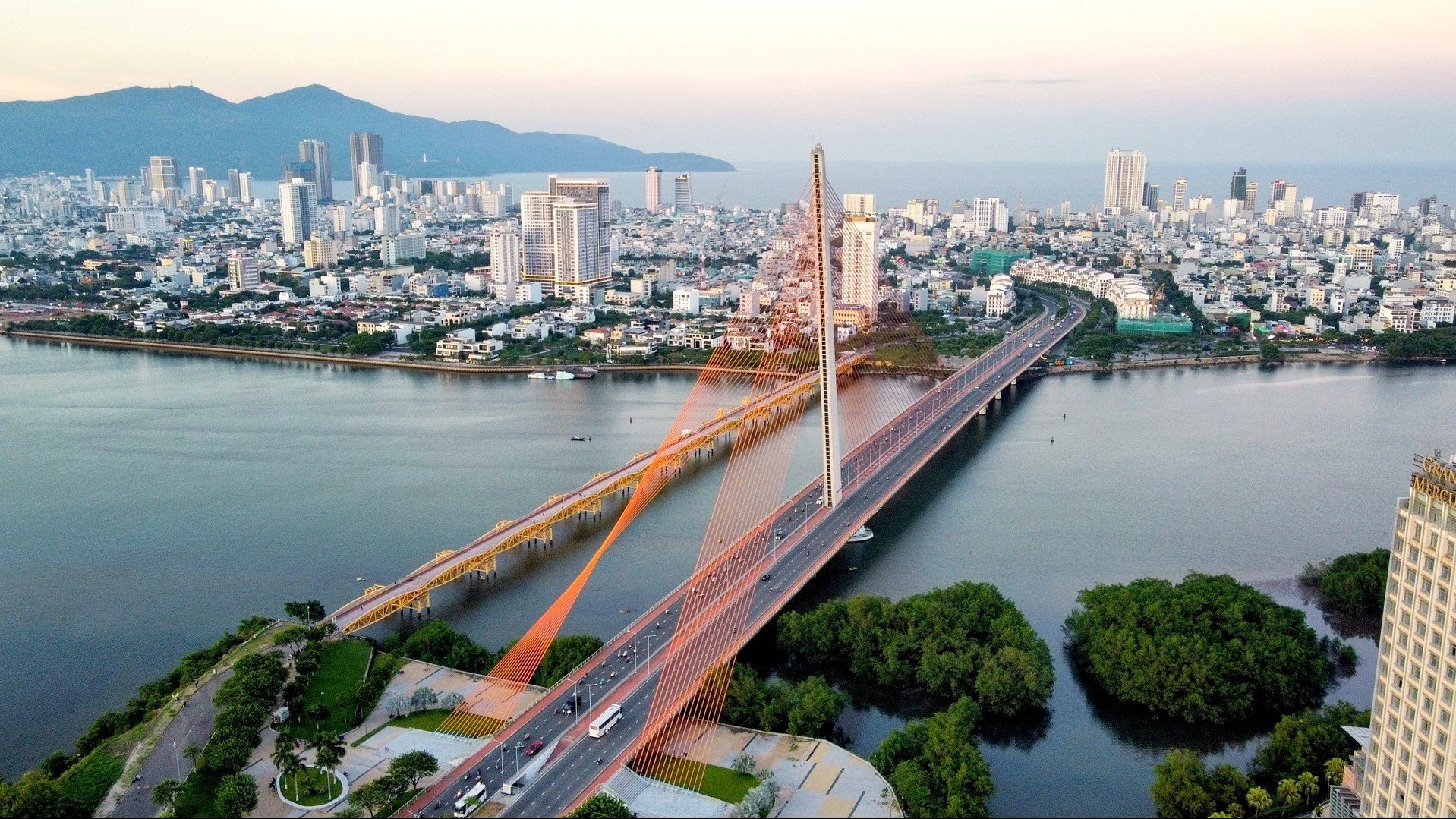


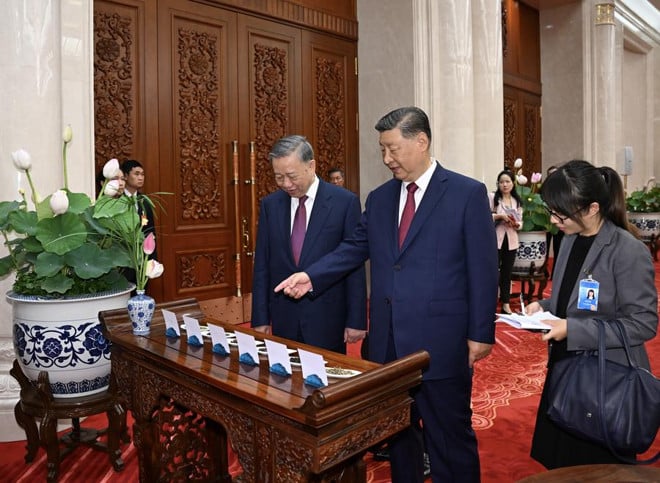









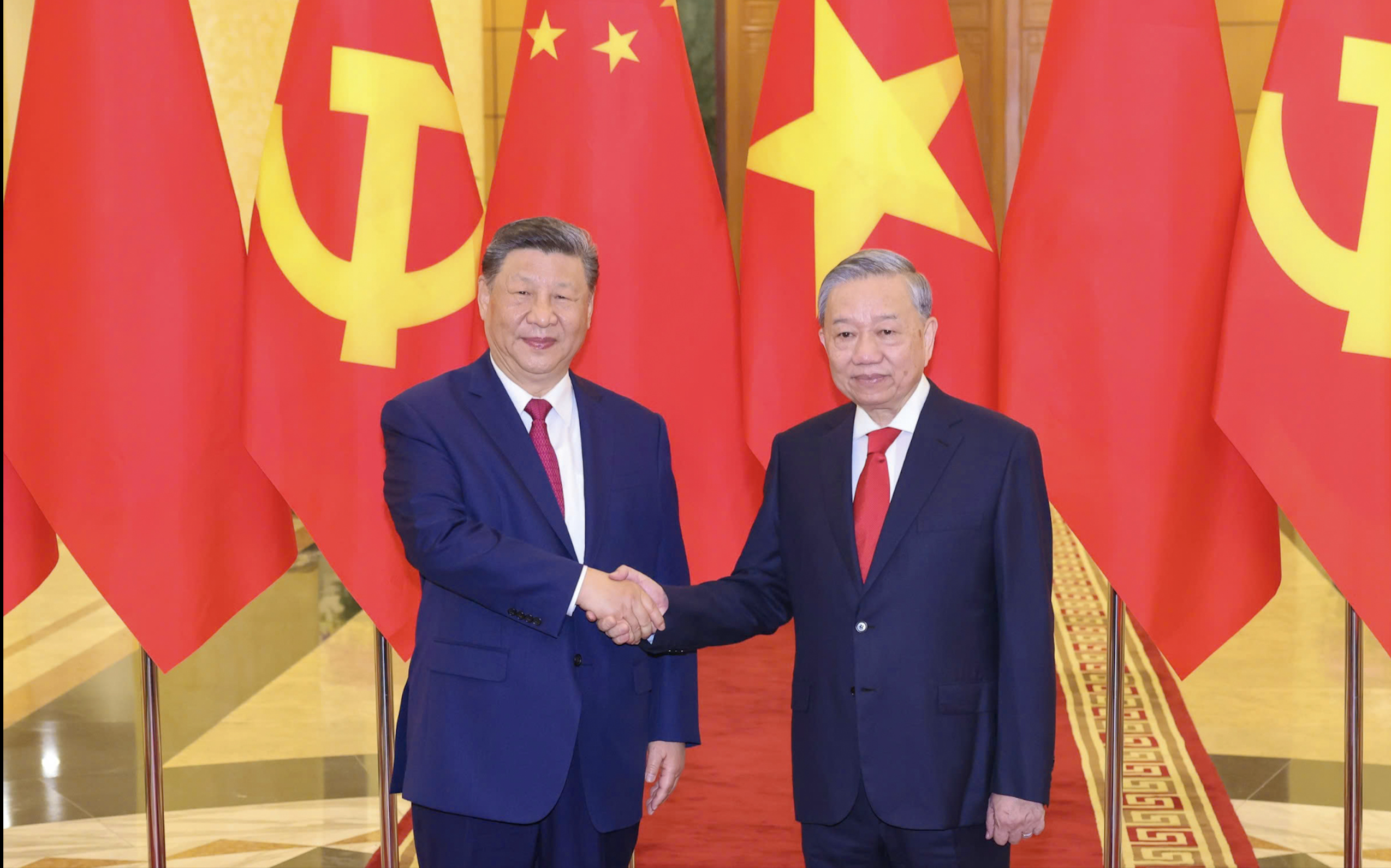
![[Photo] Prime Minister Pham Minh Chinh meets with General Secretary and President of China Xi Jinping](https://vstatic.vietnam.vn/vietnam/resource/IMAGE/2025/4/14/893f1141468a49e29fb42607a670b174)


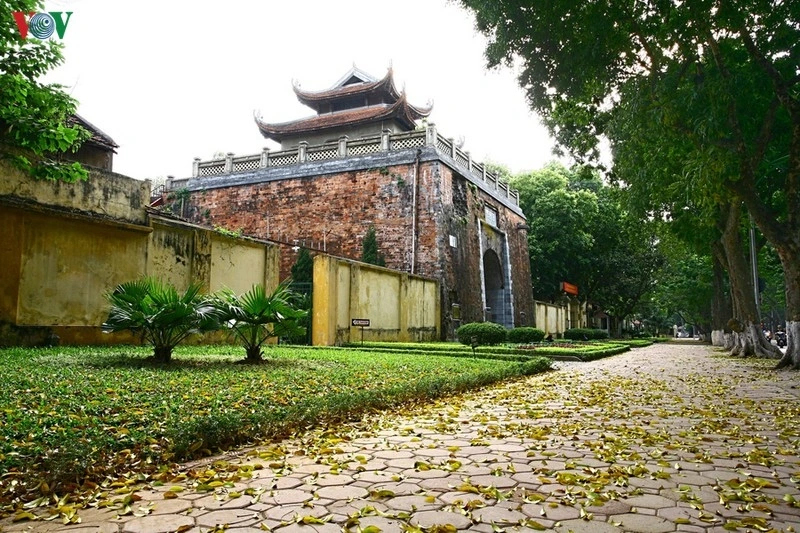















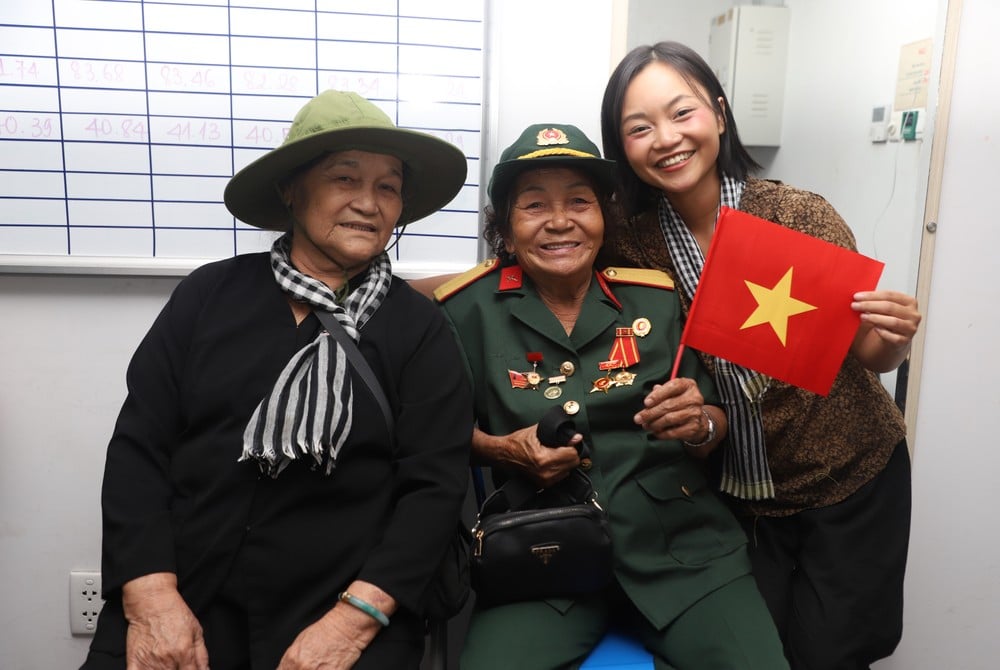






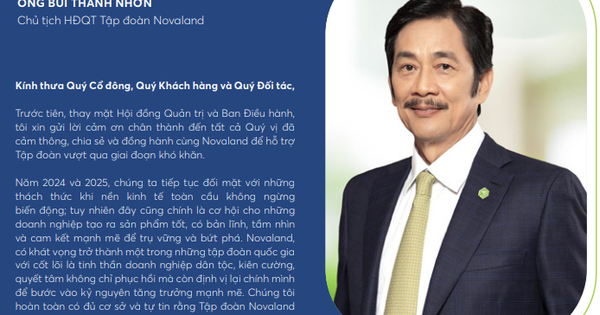








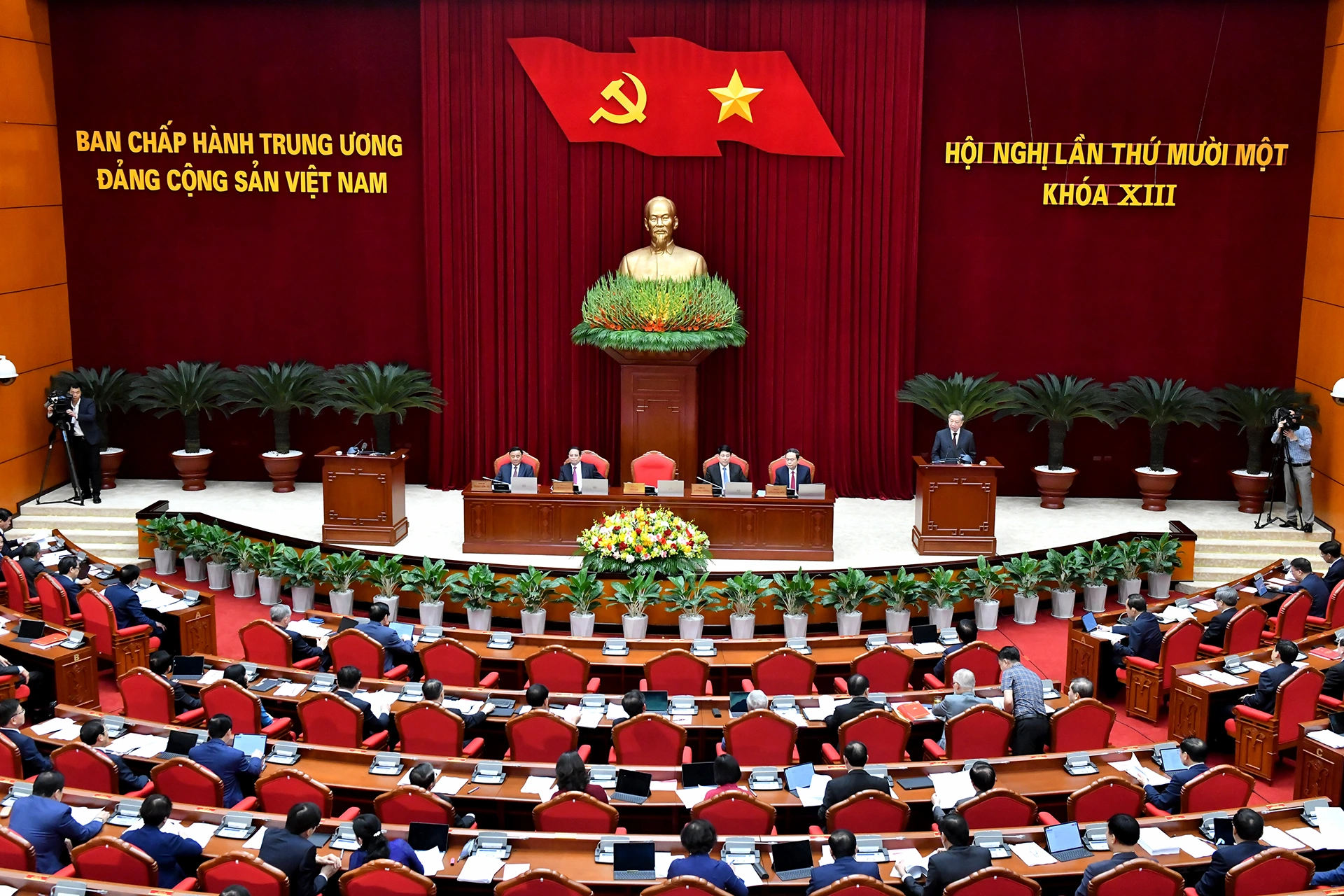




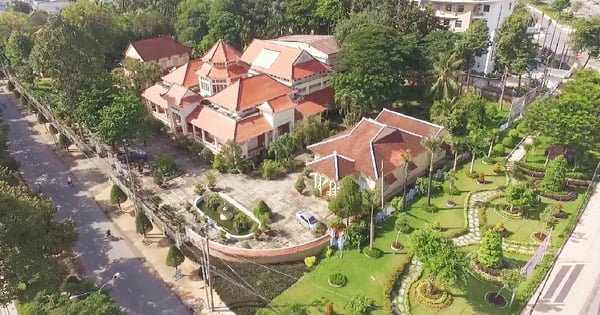







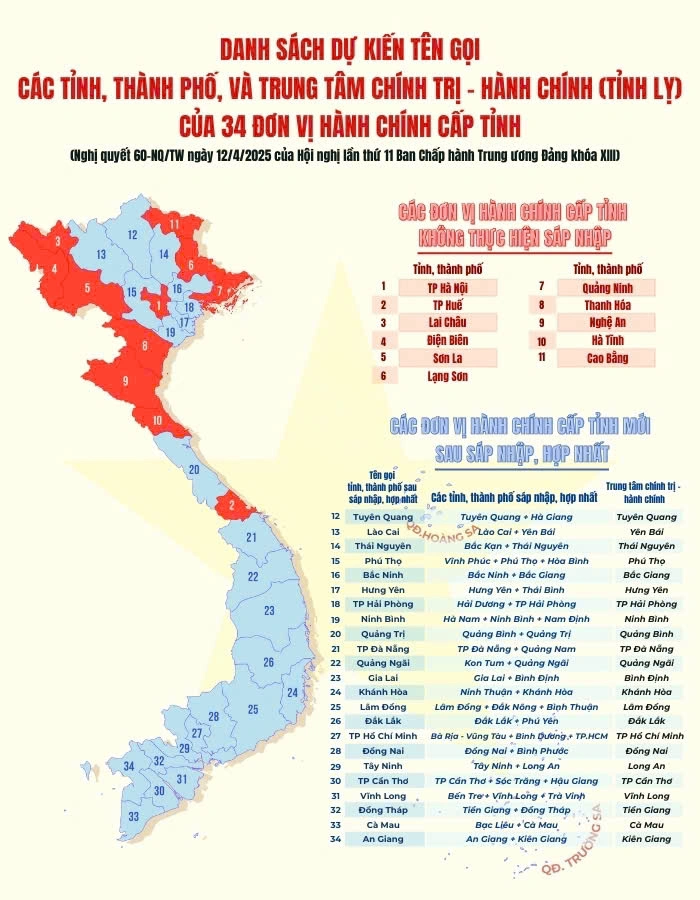




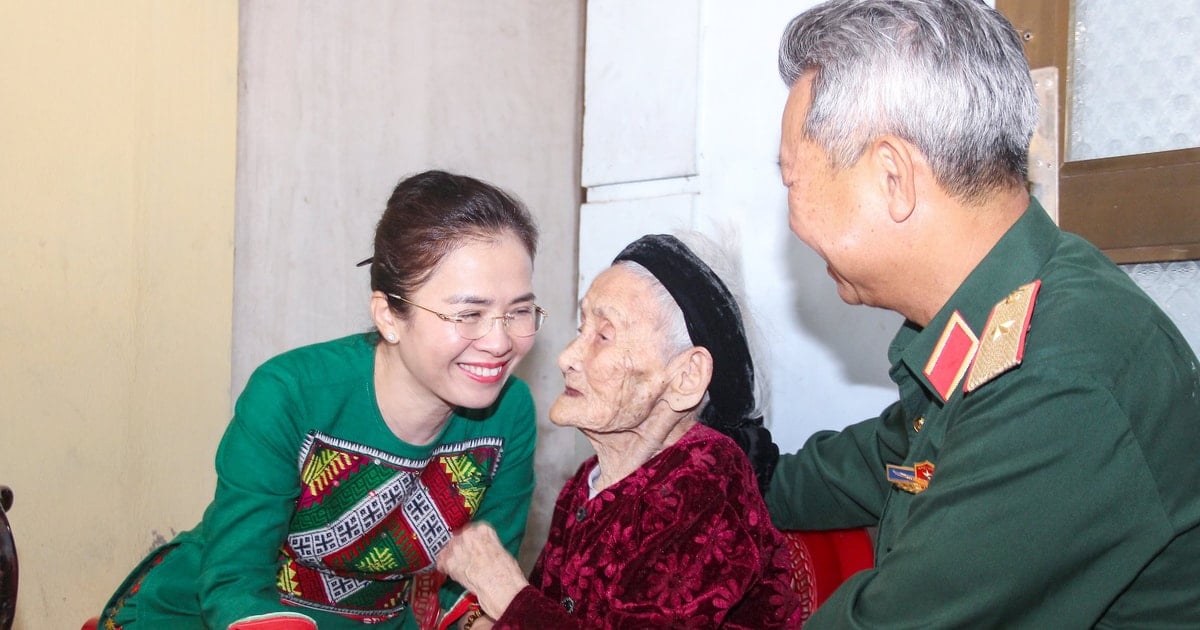










Comment (0)